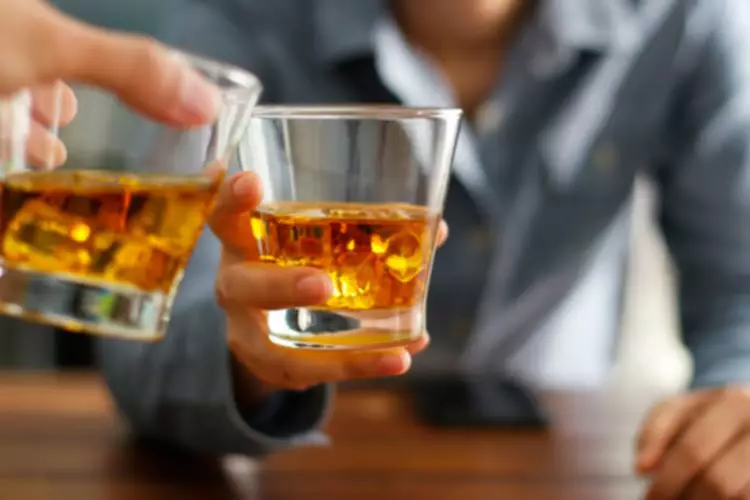
However, other organs, including the brain and heart, can also be damaged by long-term heavy Sober living home alcohol use. Hany says that once you stop drinking, you may initially find it more difficult to fall asleep. Your sleep, he says, will be restored gradually during the first four weeks, but after that you’ll sleep more deeply and wake up more rested.

Alcohol Addiction Treatment in Georgia

Considering the love life, Men can also get an erection more easily if they don’t drink. Women who do not drink also have fewer complaints during menstruation. When your liver is forced to break down drink excessively and quite often, the fatty liver develops. Because of the alcohol, your liver expands, making you feel nauseated and prone to vomiting. After just over a month there is 15% less fat tissue around your liver.
How To Quit Drinking and Achieve Long-Term Sobriety
It says men who drink up to 14 units of alcohol per week have a less than 1% chance of developing colorectal cancer, but an 11% chance if they drink more than 35 units per week. When you give up alcohol, having been a dependent drinker, you’ll move through various stages of recovery. The following quiz is called the AUDIT, which is short for Alcohol Use Disorders Identification Test. It’s used by medical professionals to assess your risk for alcohol dependence.

Benefits of Being 4 Months No Alcohol Sober

You may also have experienced improvements in your relationships, work, and overall quality of life. It’s important to continue to prioritize your sobriety and seek support to maintain your alcohol-free lifestyle. Between 48 and 72 hours after your last drink, your body continues to detoxify and if you have experienced withdrawal symptoms, they what happens when you stop drinking alcohol may peak during this period. Some may develop severe withdrawal known as delirium tremens (DTs), which can require medical attention. However, during this time, your liver function begins to improve and your blood sugar levels start to stabilize as your body works hard to repair itself. Light drinkers tend to be mostly spared from the effects on the liver, but for heavy drinkers, the liver becomes inflamed, which can be dangerous over time,” says Dr. Mosquera.
Talk to a doctor about your personal history and what’s right for you. Just like a broken bone or infection needs time to heal, so does an overworked liver. While this depends on the amount of alcohol you have had over the years, your liver can see partial healing within two to three weeks, but this will depend on your health history. Centers for Disease Control and Prevention (CDC), alcohol should be consumed in moderation, which means one drink a day for women and two for men — unless your doctor says otherwise.

Struggling With Addiction or Mental health Issues?
- The challenges faced in this arena have provided her with a strong base of practice in assessment, treatment, and case management.
- By days 4 to 6 after quitting alcohol, most of the major physical withdrawal symptoms should start to subside.
- It is essential to understand that what may work for one person may not suit someone else.
- “The bottom line is, protect the heart with a low amount of alcohol, but increase the risk of cardiovascular disease with high amount of alcohol,” Dasgupta said.
Since I previously discussed the role of GABA in withdrawal, I should note that GABA can be taken in oral form. https://ecosoberhouse.com/ Some people may be helped by this supplement, but studies have not shown that it’s effective at crossing the blood-brain barrier. (source) I have never felt any effect from taking GABA supplements. If a GABA supplement comes out that changes my mind, I will write about it.
- Sometimes the second day can be even harder than the first, because many of the physical symptoms remain, yet that previous excitement around the initial decision not to drink may be wavering.
- « Alcohol can also have a serious effect on your liver and can lead to chronic liver disease, so giving up reduces this risk in the long-term.
- If your goal is long-term sobriety, you should consider this as an option, even when life without alcohol seems to get better.

Commentaires récents